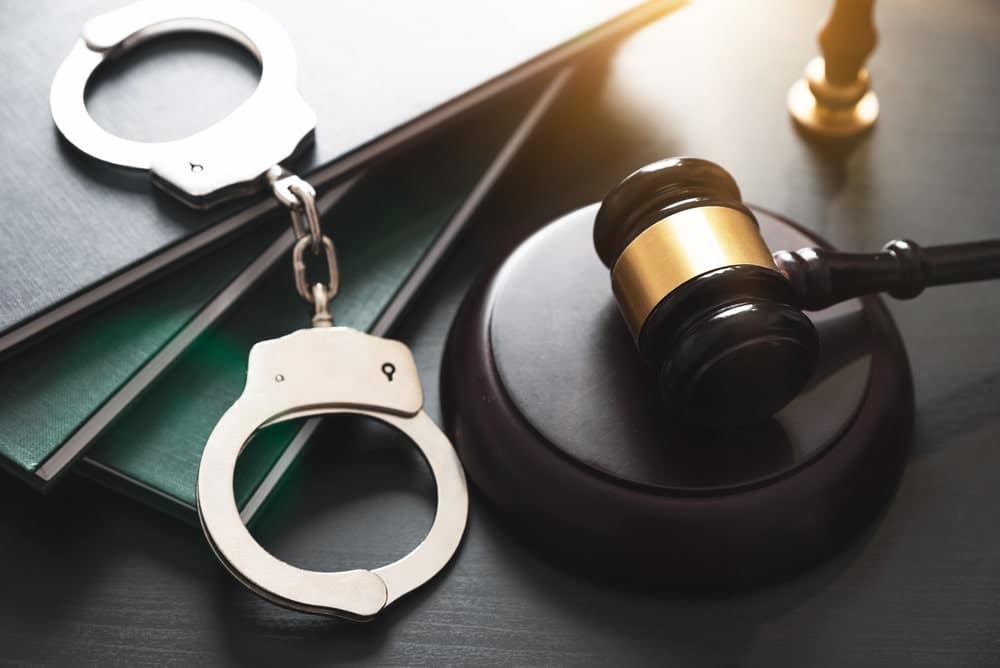In our last blog post, we covered the legal idea of the fruit of the poisonous tree, and how it can help defend you against criminal charges by preventing evidence from being allowed into court. If police are investigating a crime and they break the law – yes, police can break the law – by making a search or a seizure that is unreasonable, whatever evidence that they find, either directly or indirectly, from that search or seizure won’t be allowed in court.
Getting evidence excluded from court is one of the biggest goals of a skilled criminal defense attorney because it can often kill a prosecutor’s case against you. Rarely is there more than one piece of evidence in a criminal case that serves to prove the same part of a prosecutor’s case, so getting evidence thrown out often makes it impossible for a prosecutor to complete his or her case against you.
The process of preventing evidence from being heard in court is known as the exclusionary rule. The exclusionary rule is a great tool for criminal defense attorneys to effectively defend people against criminal charges. However, it is also probably one of the reasons why we are having problems in the U.S. with police overreaching and brutality.
Call 207-571-8146 or contact us online to schedule a consult with one of our highly skilled criminal defense attorneys today.
How the Exclusionary Rule Works in Mane
The exclusionary rule is actually very simple. If the police, during the course of an investigation, violate one of your constitutional rights, then any evidence that they find as a result of that violation is excluded from being heard in court at your trial.
Why the Exclusionary Rule Promotes Police Misconduct
The exclusionary rule is great for criminal defendants because it protects them from a violation of their constitutional rights after it has already happened.
However, because the exclusionary rule’s only solution to a constitutional violation is to protect the person at the wrong end of it, there is nothing to deter police from doing the same thing in a future investigation. Sure, the next person they arrest and charge for a crime might also get off, but the police officer actually behind the constitutional violation doesn’t feel any repercussions from his or her illegal actions unless they were so egregious that the department is forced to take some sort of action.
Another problem with the Exclusionary Rule is the “Good Faith Exception”. If the police violate your rights but have a good faith basis to believe that the facts they relied on to support the basis for the stop / arrest / detention / warrant was true / accurate, the Exclusionary Rule will not apply.
Because the police officers doing the constitutional violations rarely, if ever, face penalties or serious reprimands for their actions, they continue to happen time and time again, impacting the constitutionally guaranteed rights of entirely too many unfortunate citizens in the U.S.
Contact us regarding the exclusionary rule today
With extensive experience as a criminal defense in the state of Maine, attorney William T. Bly has made use of the exclusionary rule for criminal defendants numerous times in the past to defend his clients against criminal charges. If you or someone you know has been charged with a crime in Maine, call his law office at (207) 571-8146 or contact him online.
Call 207-571-8146 or contact us online to schedule a consult with one of our highly skilled criminal defense attorneys today.


